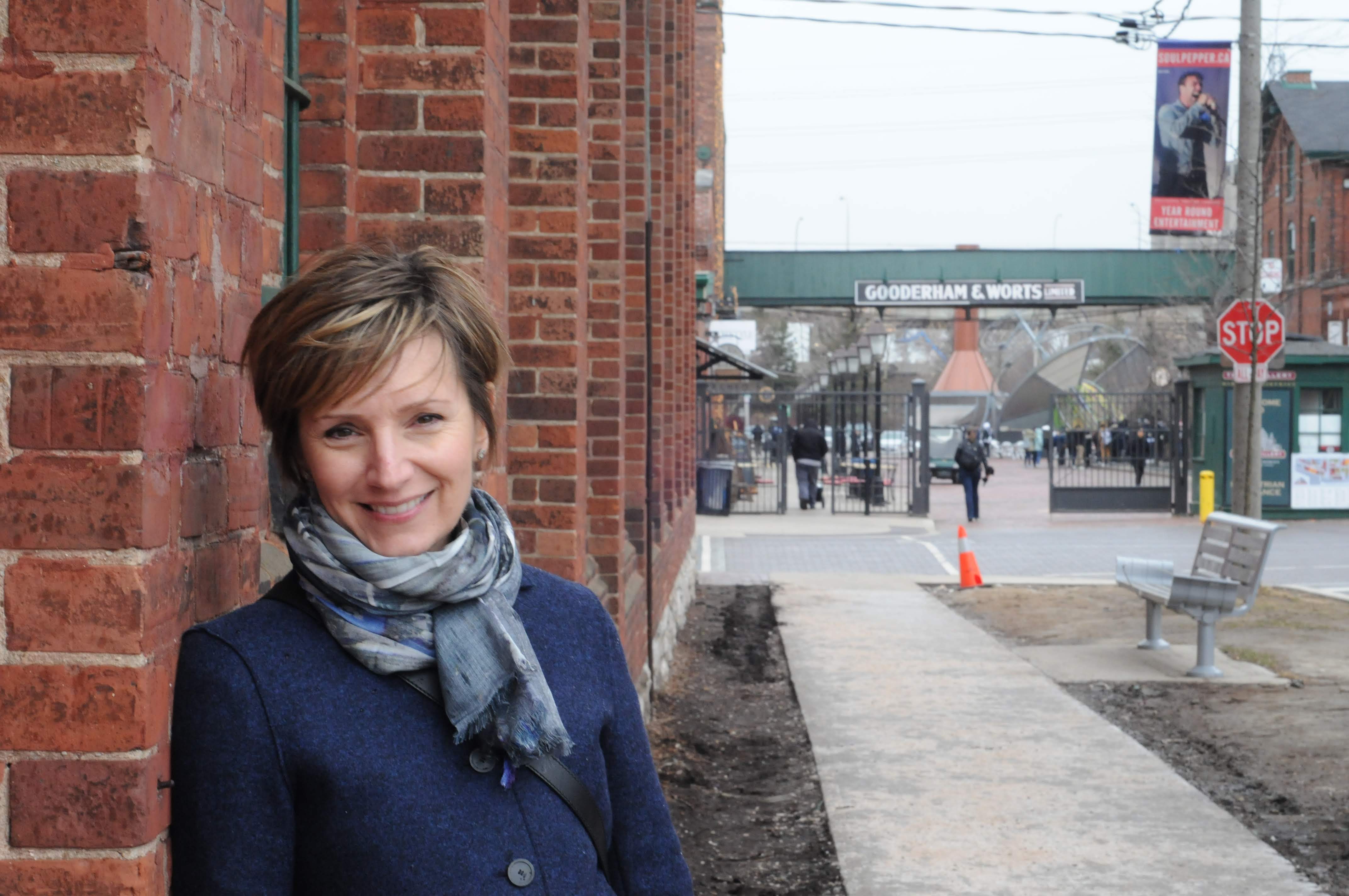
I write about resilience almost every day. Interviewing EXTRAordinary people around the world on how they find it and what they do to maintain it.
Resilience is the ability to bounce back from challenges. No matter the type of obstacle that resilient people face, they are able to overcome it and move forward.
The people I’ve interviewed have faced their own personal challenges in many different ways.
Some have had a spouse die of a terminal disease. Others have been hit in a motor vehicle accident and gone through months of extensive rehabilitation.
There are also those who continue to deal with difficulties with no clear end in sight. Homelessness, chronic pain and depression are some examples where people can potentially live with a lifetime of hardship.
I’ve met dozens of individuals who have learned to live with or overcome their challenges and still inspire others to be resilient too.
How do they do it? Where do they pull their inspiration from?
As a teenager who survived the Holocaust, Toronto’s Elly Gotz was full of hate towards all Germans. But as Elly realized that the hate didn’t serve him, he learned to “not feel too bitter about difficulties and deal with them.”
For Mona Lam-Deslippe of London, Ontario, whose son was brutally murdered in 2016, people would say, “take things one day at a time,” but as she learned, “sometimes it’s an hour at a time, a minute at a time, or a breath at a time. You just carry on to the next breath.”
The resilient people that I have met do not look too far down the road for answers to their problems. The key is in their attitude and perspective, which reflects in their resilience.
They evaluate what is in front of them, what they know for certain and take things as they come.
Yet few go about it alone.
Tara McCallan of Kingston was devastated when she learned that her newborn baby, Pip, was born with Down Syndrome.
“I was grieving the child she was supposed to be and who I thought I wanted her to be,” says Tara.
But as one day she took to social media to express her heartbreak, something interesting happened. She was contacted by people around the world who personally identified with her, chatting about their own experiences.
She was being contacted daily by more and more parents of Down Syndrome children and found global support through her Happy Soul Project community.
Resilient people seek out the symbiotic relationships that offer empowerment whether it’s through volunteerism, establishing their own support network or projecting the positive energy that naturally gravitates people to them.
When my husband was diagnosed with a terminal brain cancer called glioblastoma, we approached the disease and our treatment program as a project. “Now we know what this is, let’s get the best team around us to help us,” is what I said to my husband.
Battling such a destructive disease with just as an aggressive treatment plan would not have been possible to withstand without helpful family and friends. Just as we curated our medical team we did the same with our immediate circle of support.
Now through RESILIENT PEOPLE I continue to connect with people who display resilience as a way to share lessons learned with each other and the world.
It’s in times of dischord that resilient people know the role that strong networks play in helping to withstand struggles. And knowing that with the right attitude and help around them, anything is possible.
Janet Fanaki lives in Toronto and is the founder and lead content creator for RESILIENT PEOPLE, a website that profiles EXTRAordinary people who are admired for their resilience. Her guests have bounced back from a major challenge and now help others be resilient too. To learn more visit www.resilientpeople.ca


